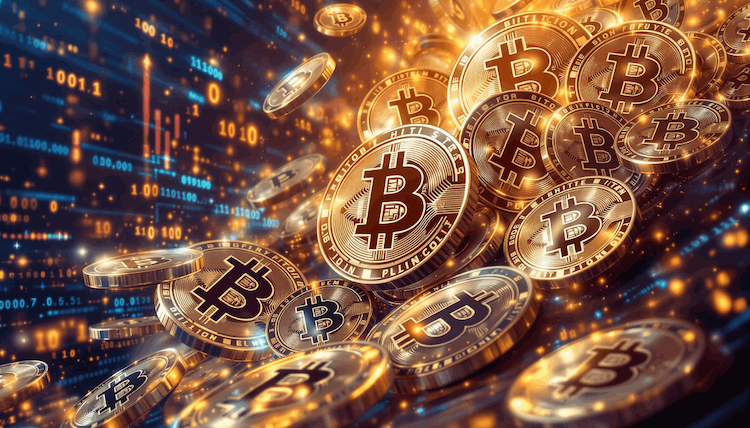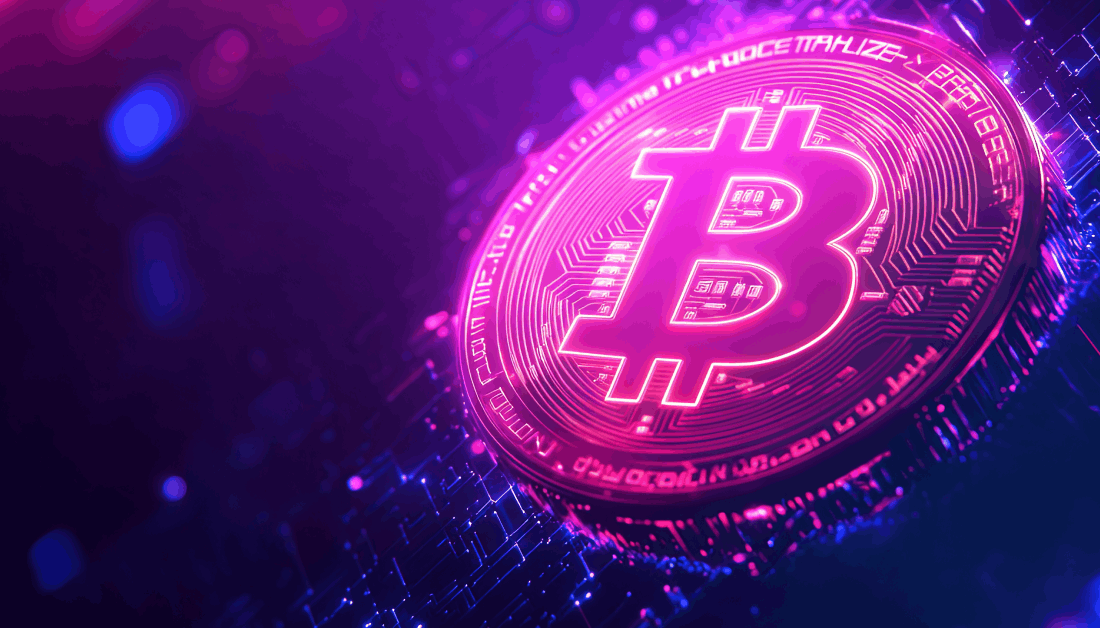Highlights
Latest Features

Feature
The Impact of Regulatory Shifts on the Crypto Landscape
The incoming Trump administration is expected to implement policies favorable to the cryptocurrency sector, including the potential establishment of a national strategic Bitcoin reserve and the appointment of crypto-friendly officials. These anticipated changes are influencing market sentiment and investment strategies.









